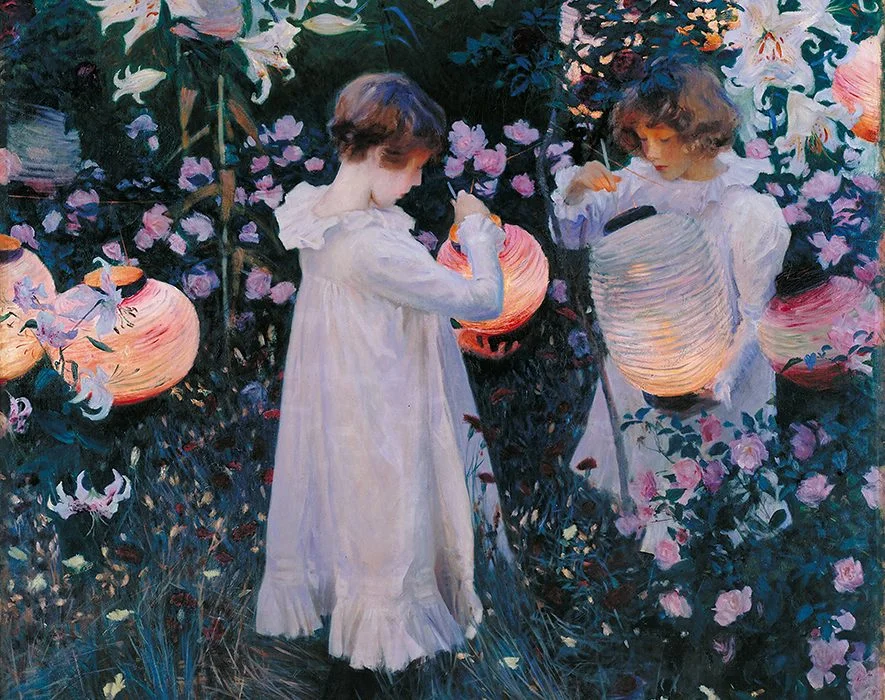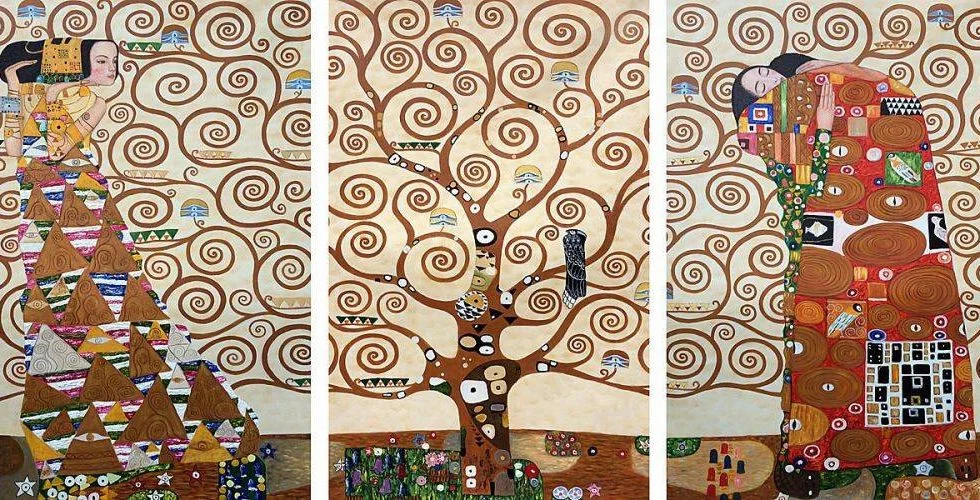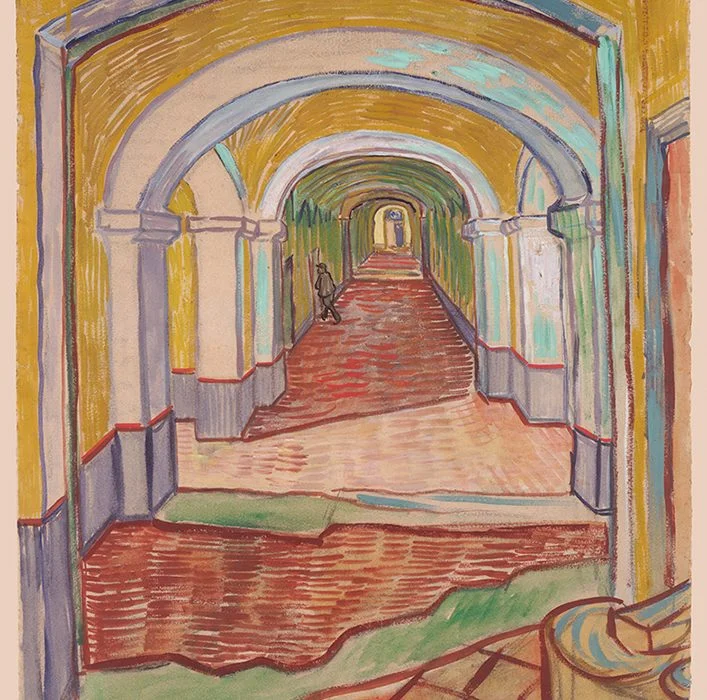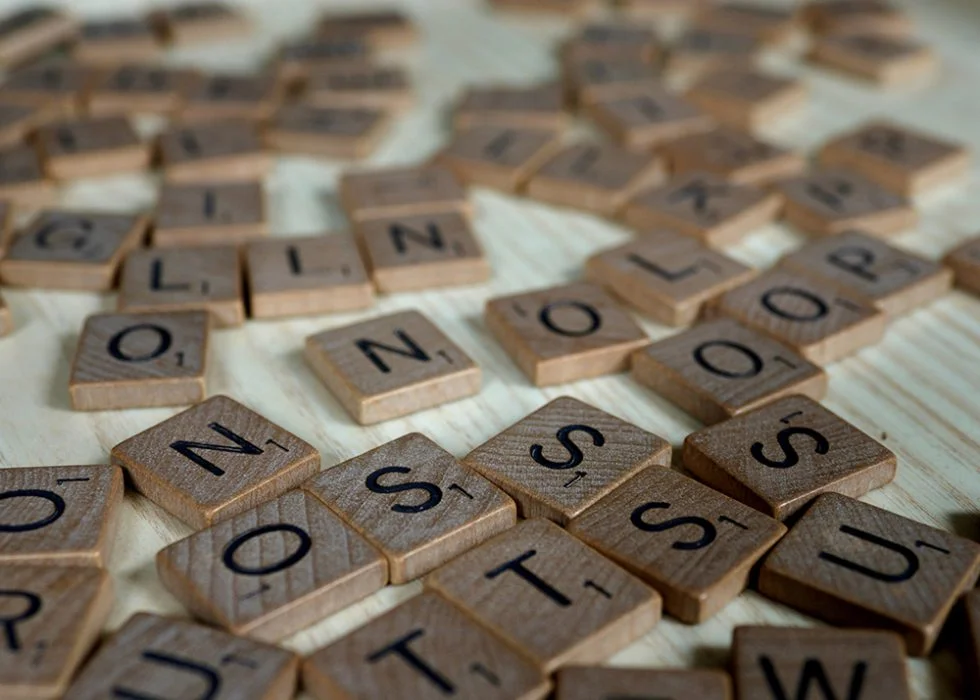Self-Knowledge • Trauma & Childhood
Your Two Options in Love After a Bad Childhood
Let’s imagine you had a bad childhood. You may hardly remember it; it almost doesn’t matter. The easiest way to assess what once went on is to reflect on how you feel about yourself now. The clearest sign of having had a miserable start is a deep self-hatred. You think you’re ugly. You can’t bear to look in mirrors. You never want to upset anyone and suspect everyone hates you. You feel unacceptable and weird and just – in multiple, non-specific ways – diseased and ‘not right’.
Behind such feelings, there will have been the usual villains: a critical and unloving mother or father, some violence and unpredictability, a huge preference for a sibling. There are only so many ways these sorts of wounds form.
But the real legacy comes in love. Here, after the normal awful adolescence (eating disorders, self-harm, alienation, drink, etc), you have two options.
The Two Roads in Love
Firstly, to fall in love with cruel, distant, possibly violent, intermittent unavailable people. You can fall in love with people who are married to someone else, or who don’t call you, who make you feel inadequate and unseen, constantly alarmed and unsure. You can love people who think you’re unloveable.
Or else, you can love people who really like you, who think you’re attractive and sweet and clever. And you can feel powerfully ill around them. You can become an expert in identifying what is wrong with them: they’re not clever enough, they’re weird, they’ve got no options. You criticise their taste in shoes, the shape of their mouth, a comment they made at a party. You become as critical of them as your parents were once critical of you. How could someone who liked you be anything other than a loser? You end up pushing them away – maybe not directly, but by going slightly cold or flirting with strangers. You know well enough how to detonate trust conclusively.
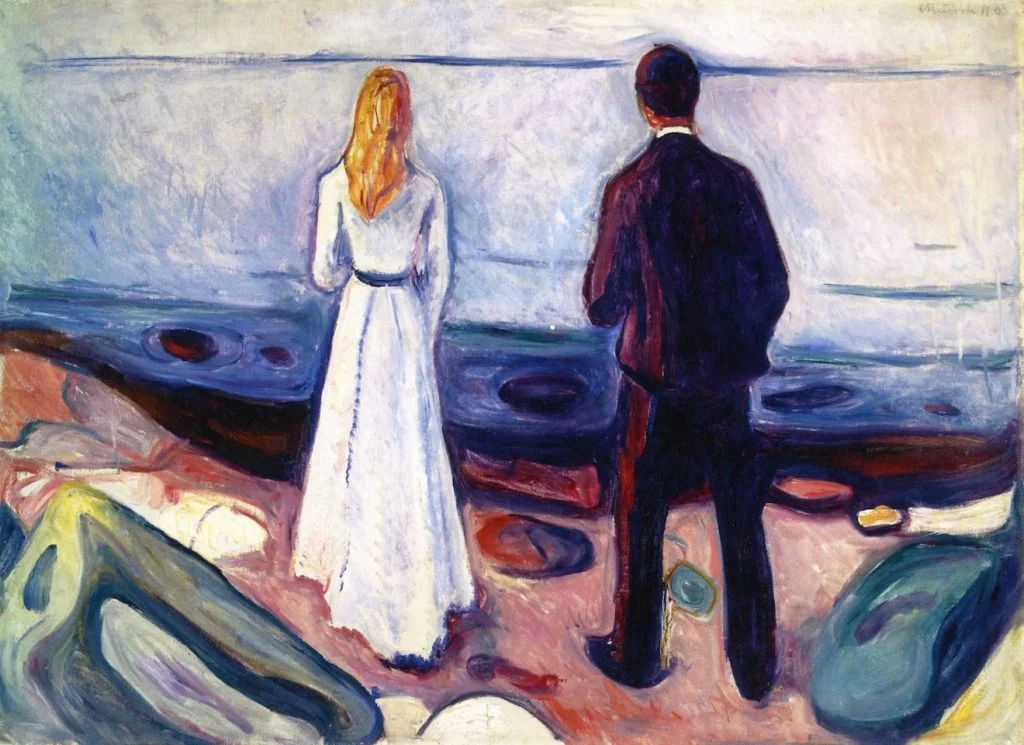
This rigmarole can go on for most of your life. Unavailable, cruel people. And sickeningly available ones. And in the in-between times, devastating loneliness.
A visiting alien would laugh or cry at how silly it sounds. It’s been going on forever; you can be sure this sort of thing went on in Renaissance Florence and Ming dynasty Beijing. They just lacked the language to describe it.
Is there any way out?
Towards a Third Option
There is – perhaps, just – a third option. To understand what’s going on and to share it with someone who is kind and perceptive (and who might have problems of their own – and a good therapist). To meet someone who threatens to make us feel sick with their sweetness, then to explain to them what we understand of our problem. Rather than pretending that we are healthy and can bear their kindness without difficulty, we may be able to tell them: ‘I want so much to be normal, I want so much to tolerate kindness. But I have an illness. My past means I can’t accept love; I can’t digest it; I turn against it and the person giving it to me. But I don’t want to be like this anymore. I’m tired of sabotaging relationships and turning away good people. Please help me to bear the anxiety of being cared for. Please help me to absorb the love I crave. Please forgive me for being ill …’
If the person doesn’t immediately run away, if they can see the decency behind the shame and the tenderness behind the neurosis, if they can partly understand our problem from the inside, we will be making momentous progress. We won’t be healed yet, but at least we will know how ill we are – and will have found a way to hint at the scale of our terrors of kindness.


















